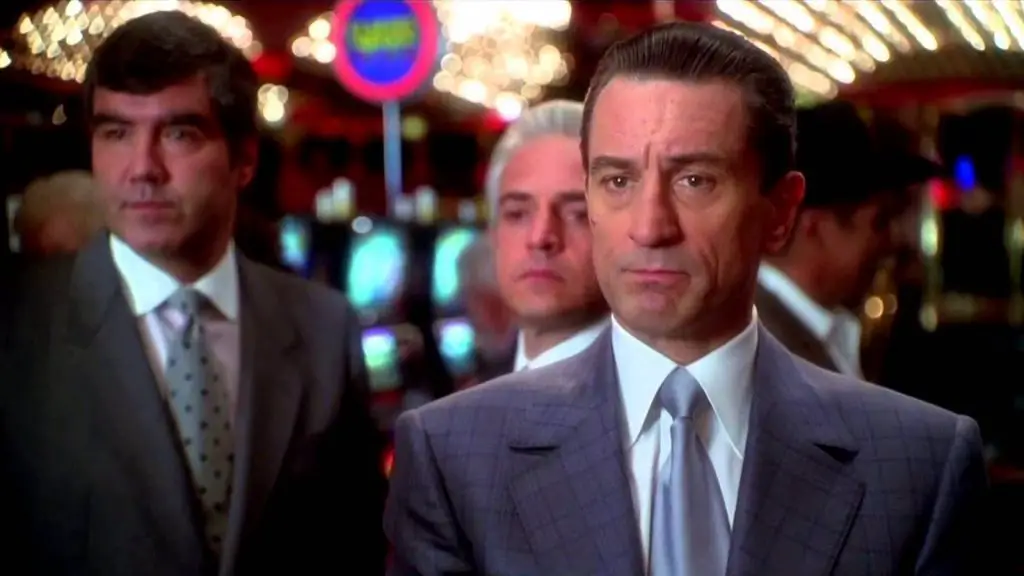
In 1947, Joseph Losey directed the original Broadway production of Bertolt Brecht’s “Galileo.” Losey returned to the material in 1975 to direct the American Film Theatre presentation.
Clearly aware that he was working within the very tight budget restraints of the American Film Theatre and realizing that Brecht’s play did not lend itself well to a full-throttled cinematic adaptation, Losey intentionally chose to give “Galileo” the look and feel of a filmed play. This included heavily theatrical devices such as blatantly obvious painted sets, using a chorus of choirboys to sing directly to the camera in between scene changes, and even staging the dramatic climax against a white screen that seems more at home in a bare-bones theater than a motion picture. It is a clever way to work around limitations that bothered other directors in the American Film Theatre series (who were much less successful in hiding the on-the-cheap method of making movies).
For no clear reason, Losey also had the title role played by Topol, the Israeli actor who was coming off his Oscar-nominated success in “Fiddler on the Roof.” Topol is no one’s idea of a subtle actor and during the early course of the film he seems to be portraying the Italian astronomer as if he was Tevye with a telescope. But mercifully, Topol streamlines his exuberant on-screen persona and finds himself the equal to the stellar British cast (including John Gielgud, Tom Conti, Edward Fox and Margaret Leighton) who surround him.
Anyone who remembers their high school history lessons will know about the rise and fall of Galileo, whose astronomy observations lead him to question the long-held concepts of where the Earth is placed in the universe–and who was forced to recant when the Vatican (which never had much use for science) decided that Galileo’s observations were heretical. It took several centuries before the Vatican sheepishly acknowledged that Galileo was right all along and that he was treated shabbily in his day. The film of “Galileo” (pardon the pun) telescopes the scientist’s moral and philosophical wars within his field, his home and his country. This is thumbnail history, to be certain, yet Losey’s film wisely preserves Brecht’s text, allowing Galileo to emerge not as a martyr or a coward but rather as an intelligent man who was forced against his will to abandon what he knew to be right.
“Galileo” is a provocative film and it could also be considered very timely, given how people today who challenge authority (in a modern example, the war against Iraq) are publicly and brutally humiliated for having the audacity to question the powers that rule. In an ideal world, those who are brave enough to speak the truth are celebrated on all levels and help usher in a better society. But in the real world, whether it is the 17th century or the 21st century, those who challenge authority always discover that authority does not enjoy to be challenged–and not everyone is strong enough to fight the good fight.

